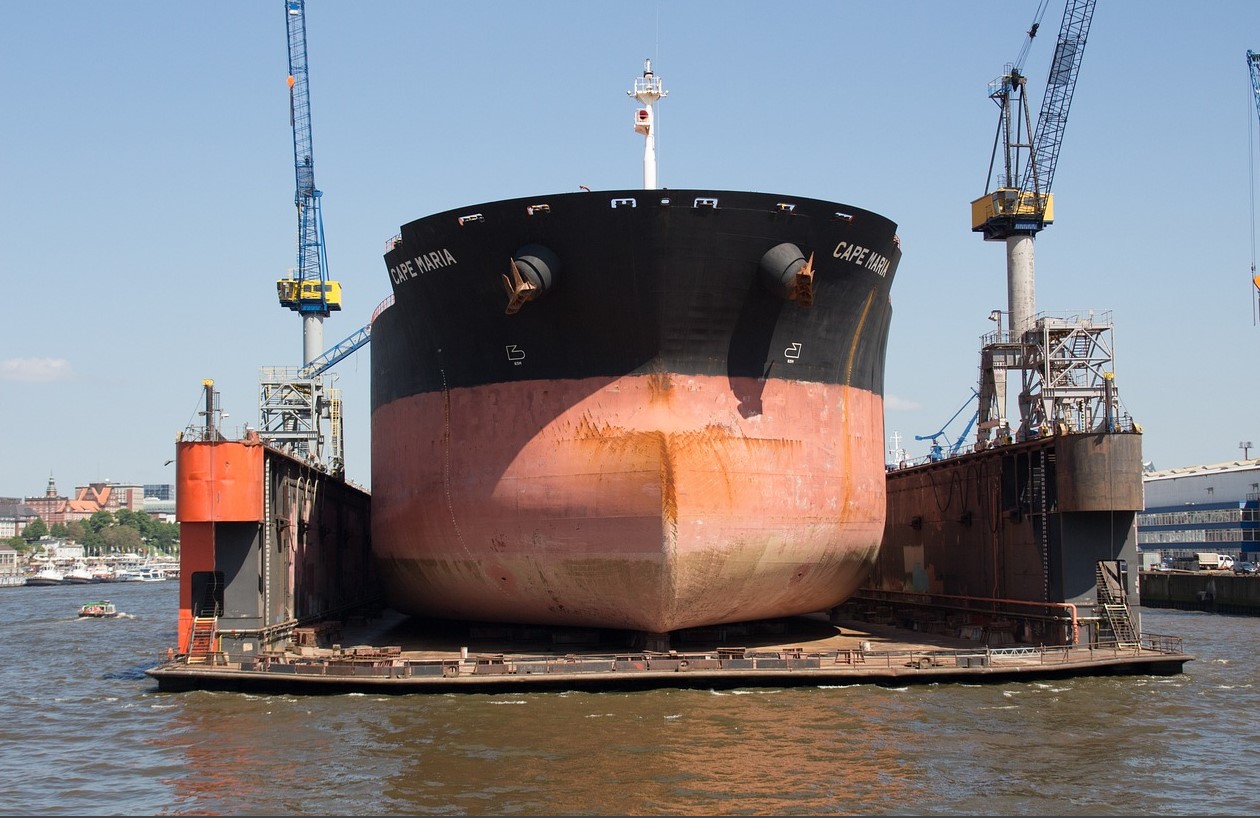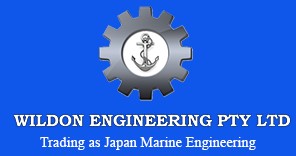Anti-Fouling Systems for Ships: How They Cut Fuel Consumption and Emissions
Blog | November 3rd, 2023

Discover how anti-fouling systems on ships reduce fuel consumption. Available at Wildon Engineering, ensure marine sustainability. Call +61 3 9555 5277.
The shipping industry serves as the lifeline of global trade, responsible for transporting around 80% of the world’s goods. However, it also contributes significantly to greenhouse gas emissions and marine pollution. In recent years, the said industry has focused hugely on making shipping more sustainable. One crucial innovation in this regard is the use of anti-fouling systems, which not only reduce maintenance costs but also help cut fuel consumption and emissions.
Fouling in Marine Environments
Fouling is a natural occurrence in marine environments that refers to the accumulation of marine organisms like algae, barnacles, and molluscs on a ship’s hull and underwater surfaces. While it may not sound alarming, fouling has serious consequences for ship performance and the environment.
For one, fouling can lead to increased fuel consumption. As marine organisms bombard the ship’s hull and underwater surfaces, the marine vessel may find it difficult to move through water. This issue then results in higher fuel consumption and increased emissions. Additionally, fouling can increase the maintenance costs of a ship significantly. Regularly cleaning and repainting fouled surfaces is both time-consuming and expensive for ship operators.
Lastly, the release of toxic anti-fouling coatings into the water can harm marine ecosystems. Therefore, effective anti-fouling systems must be used to avoid harming the environment.
Benefits of Anti-Fouling Systems
Anti-fouling systems are designed to prevent or minimise fouling on the hull and underwater surfaces of a ship. These systems come in various types. Chemical coatings, for instance, release biocides that deter fouling organisms from attaching to the ship’s surface. They can be effective. However, some biocides may still affect the environment negatively.
Non-stick or low-friction coatings, alternatively, are used to deter fouling organisms from latching to the ship’s hull. Anti-fouling systems may likewise maximise ultrasonic waves and electrochemical reactions to deter the effects of fouling on the ship.
Through the use of anti-fouling systems, ship owners can gain the following benefits:
• Reduced Fuel Consumption: By keeping the ship’s hull clean, anti-fouling systems reduce hydrodynamic drag, leading to lower fuel consumption and reduced emissions.
• Extended Maintenance Intervals: Ships equipped with effective anti-fouling systems require less frequent cleaning and repainting, which results in cost savings.
• Environmental Protection: Eco-friendly anti-fouling technologies minimise harm to marine ecosystems and comply with stricter environmental regulations.
Achieving Sustainable Shipping
As the shipping industry faces increasing pressure to reduce its carbon footprint and environmental impact, anti-fouling systems are set to play a pivotal role in shaping a more sustainable future. Continued research and innovation in anti-fouling technologies will contribute to cleaner oceans, reduced fuel consumption, and improved overall efficiency in the maritime sector.
Anti-fouling systems for ships, which can be purchased from us at Wildon Engineering, are not just about keeping hulls clean; they are an essential component of marine sustainability efforts. By reducing fuel consumption and emissions, these systems are helping to steer the shipping industry toward a greener and more efficient future.
Optimized by NetwizardSEO.com.au
Recent Posts
- Turbochargers Supply from Japan Marine: Wildon Engineering’s Excellence in Global Shipping
- Mitsubishi VOS Ballast Water Treatment System: Next-Generation Marine Environmental Solutions
- Yanmar Marine Compressors: Reliable Power Systems for Commercial Vessels
- Water-Lubricated Stern Tube Bearings Explained: How EVR Technology Supports Marine Propulsion
- YANMAR Auxiliary Generator Engine Parts for Commercial Vessels
- Fluid Control Systems: Innovations in Marine Applications
- Yanmar Diesel Generators Australian Distributor: Power for Shipping & Marine Operations
- Navigation & Communication Equipment: Essential Tools for Safe Voyages
- Stern Tube Seals: Preventing Leaks & Maintaining Vessel Integrity
- Innovative Cathodic Protection Technologies for Maritime Industries
